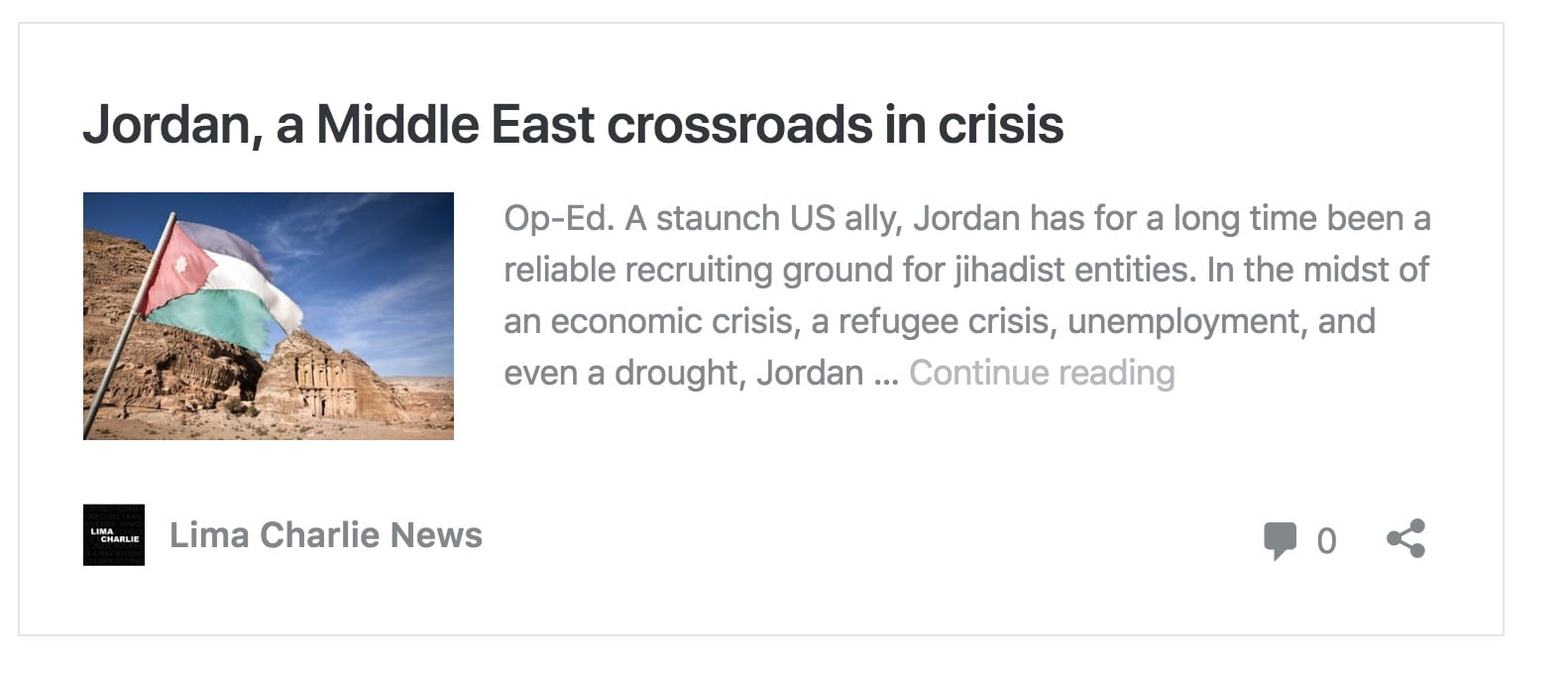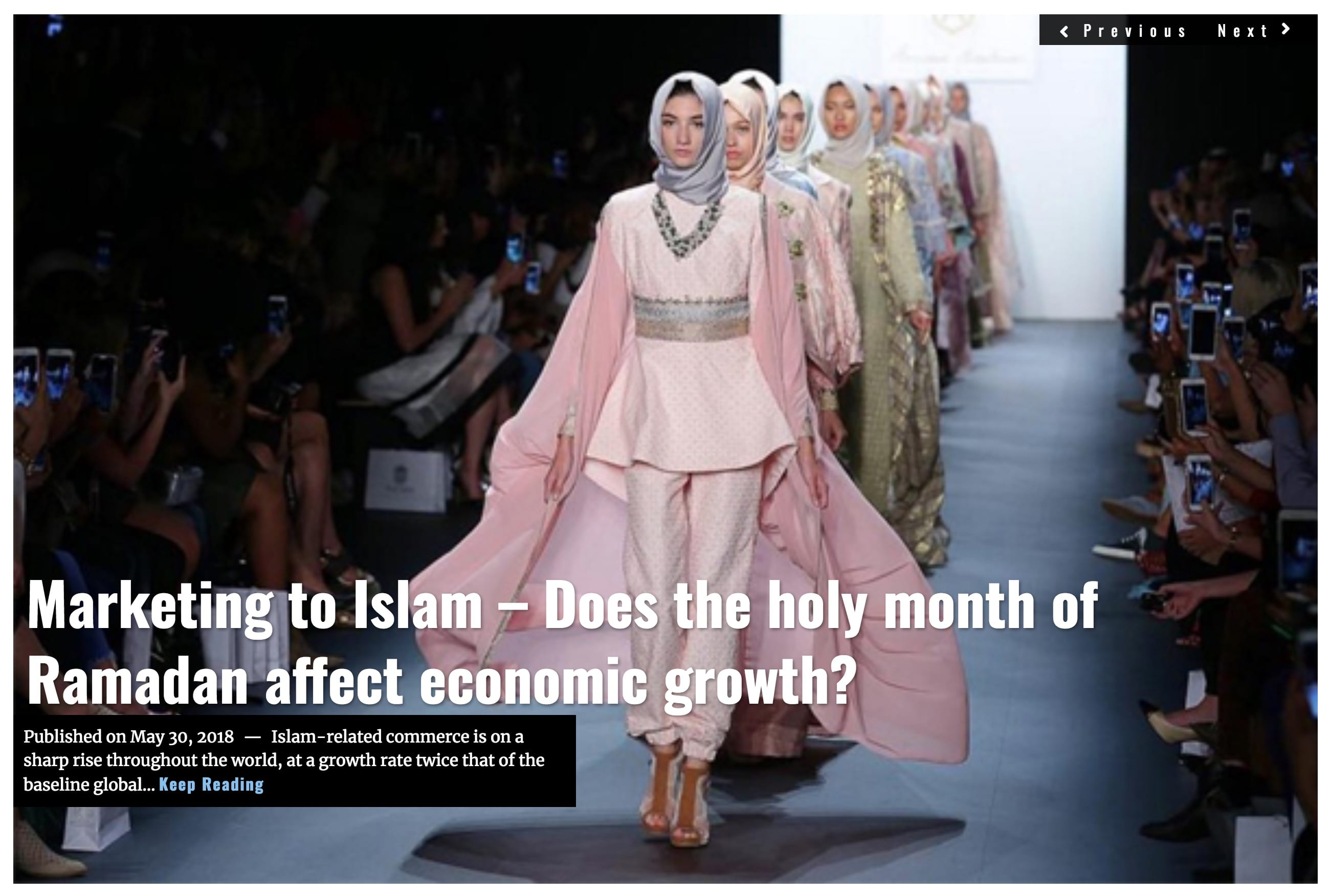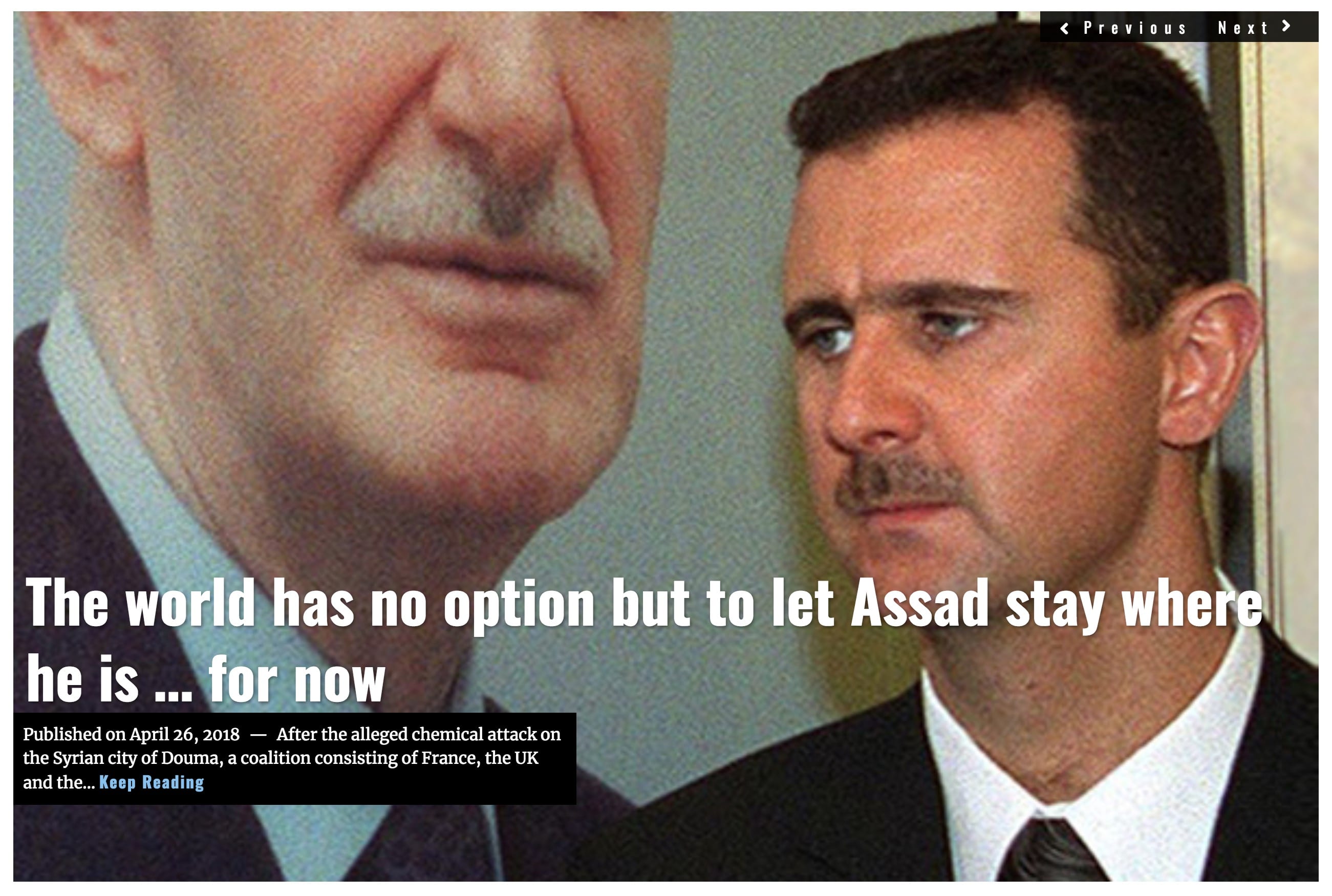In the largest series of protests since the Arab Spring, thousands of Jordanians took to the streets to protest IMF backed austerity measures leading to the resignation of Jordan’s Prime Minister. A staunch ally of the United States, Jordan has suffered for years under rising debt, and a stagnating economy.
Thousands of Jordanians took to the streets nationwide to protest International Monetary Fund (IMF)-backed austerity measures imposed by their government, the largest series of protests since the Arab Spring. Sunday evening nearly 3,000 protestors, the largest show of force, gathered near the Prime Minister’s office in Amman. This would lead to the resignation of Prime Minister Hani al-Mulki by Monday afternoon.
Running on a pro-business and pro-economy platform, the former Prime Minister had assumed office in June 2016 making the economy his primary focus. Over the past decade Jordanian public debt had risen at an alarming rate. Jordan has nearly 10 million citizens and about $35 billion in public debt, a 94% debt to gross domestic product (GDP) ratio.
In an attempt to resolve the situation, under al-Mulki’s leadership and with the approval of Jordan’s king, Abdullah II, Jordan opened a $723 million three-year credit line with the IMF in 2016. While most agreed that the credit line was much needed, it came with a steep price. The IMF and Jordan agreed that Jordan must significantly lower, if not drop, certain government subsidies to its citizens while reshaping its income tax brackets. Failure to do so would end IMF aid.
As part of these efforts, al-Mulki would come to attack some of the most fundamental financial cornerstones of Jordanian society, such as subsidies on bread and fuel. The removal or lowering of subsidies has Jordanian consumers facing as much as double the price of food staples, as well as substantial increases of value-added taxes on several goods, including cigarettes.
This attack on fundamental aid systems with rising taxes would come to make al-Mulki one of the most unpopular prime ministers in modern Jordanian time.
[Crowds gather in protest, June 4, 2018, Amman, Jordan (Video: Lima Charlie News)]
Jordan’s austerity measures followed a decrease in investment and foreign aid by neighbouring Gulf states. With foreign aid revenue streams diminishing, stagnated economic growth, poverty and the dismantling of the Jordanian middle class, Jordan has for years been in an exposed financial position. This, despite US aid to Jordon which topped $1.3 billion in 2017.
Under the leadership of al-Mulki, the austerity package developed in cooperation with the IMF saw Jordan agreeing to lower its government subsidies on fuel, electricity, and cooking gas, while simultaneously instituting a series of tax increases. The government mandated and guided price of fuel was set to increase 5.5%, with electricity 19%, almost immediately in light of the new financial measures.
Meanwhile, the cost of fuel has already risen on five occasions since the beginning of the year, with electricity costs up 55% since February. This harsh reality, combined with 18.5% unemployment, 38% youth unemployment, and 20% of the population on the brink of poverty, makes for a reality that is nearly unsustainable.
King Abdullah II: I know how much pressure people are under and I will not accept that Jordanians suffer. Protecting the middle class and lower income families, and investment promotion must be officials’ priorities #Jordan
— RHC (@RHCJO) June 4, 2018
A March 22, 2018 report by the Carnegie Endowment for International Peace commented on Mulki’s policies:
“Mulki declared openly that his predecessors had left the country at the brink of insolvency and that the failure to take tough revenue-raising measures would lead to a debt crisis which would destroy the country. And he is correct. What is more doubtful is Mulki’s assertion that Jordan ‘will get out of the bottleneck’ in 2019. While the measures to raise taxes and reduce subsidies buy time, they leave Jordan struggling to stay afloat and dependent on the continued flow of extensive aid.”
The IMF has argued that the austerity measures will “bolster economic growth” and achieve “gradual fiscal consolidation,” while lowering the 94% debt-to-GDP ratio to a more manageable 77% by 2021.
With the severity of the austerity measures becoming more apparent, strikes and protests erupted across the small nation, reaching considerable levels in Amman on Wednesday. By Saturday, the state-run news agency Petra reported that protests were seen in at least seven other cities. Petra also reported that the protestors were urging the government to to revisit the economic approach and search for other alternatives that would guarantee better and stable living conditions.
On Monday, a protestor outside of the Prime Minister’s office had told Lima Charlie News, “Police and citizens are supporting each other. So it’s peaceful and hopefully effective.”
King Abdullah II announced on May 29th that he ordered an immediate freeze to the price hikes and would personally investigate the matter to find a resolution that did not just impact the individual on the street. Despite this, in the days that followed, tensions kept increasing throughout the country, and peaceful marches were showing signs of violence to come.
#عاجل: بالفيديو.. الدرك يفض المحتجين الذين يصرون على التقدم باتجاه #الدوار_الرابع وحدوث مناوشات#الغد #الأردن #اضراب_الأردن pic.twitter.com/pB2Pc1xG5W
— جريدة الغد (@AlghadNews) June 1, 2018
No doubt the fact that this has occurred at the height of Ramadan has not helped to soften the situation.
By May 31st more than 1,000 people gathered outside of the Prime Minister’s offices, chanting a familiar tune from the Arab Spring protests in Cairo, Egypt as well as Amman, Jordan. “Costs of fuel and bread are destroying us.”
https://www.facebook.com/7iber/videos/10160416716540058/
By midnight, Arabi 21 reported that the chant and protests had spread throughout the country. Irbid, Aljun and Zarqa saw protestors block the roads with burning tires, and in Amman, significant crossroads were blocked by protestors in their cars.
The Jordanian Youth Movement (الحراك الشبابي الاردني – الصفحة الجديدة), the youth wing of the left-leaning secular Ma’an political movement, called for an after Friday prayer gathering in the downtown area, al Balad, of Amman, to protest the cost of living increases. It received 13,000 Facebook responses. It remains unclear how many participated in the actual gathering.
On May 2nd, Prime Minister al-Mulki met with the organized opposition parties and members of the Jordanian parliament to discuss the situation, and was seen as refusing to back down from the new austerity tax laws exclaiming, “I am tied to the IMF.” Mulki urged that another gathering to discuss the situation should be organised for after the Ramadan celebrations, nearly two weeks away. Speaker of the Parliament, Atef Tarawneh stated that parliament “will not be in the government’s pocket or comply with IMF directives.”
The gathering, which al-Mulki had hoped would appease the public and soften tensions, only worsened the situation. More than 50 members of Jordan’s parliament called for al-Mulki to step down. Less than 4 hours after the parliamentary meeting, a little before sunset, more than 3,000 protestors gathered outside of the prime minister’s office chanting “those raising prices want to burn the country” and “this is our Jordan, Mulki should leave.”
With security forces in place, few incidents were reported. Police chief Major General Fadel al-Hamoud stated that his security forces had detained 60 people during the protests, and that 42 security force members had been injured, but protests remained under control. “Rest assured, Jordan is a safe and secure country, and things are under control,” said Major General Hussein Hawatmeh, head of the Gendarmerie security department, appearing along with Hamoud at a news conference.
![Image [Crowds gather in protest, June 4, 2018, Amman, Jordan (Image: Lima Charlie News)]](https://limacharlienews.com/wp-content/uploads/2018/06/de705647-0382-4d31-8436-b275c022a4db.jpg)
This is not the first time that King Abdullah II has exercised this power.
During the 2011 Arab Spring the King appointed and dismissed four prime ministers in under a year. Some perceive such tactics as a means to introduce unpopular, albeit necessary, changes in their full measure, to then be seen as saving the people by overriding them with milder variations.
A dozen trade unions and professional associations with a half million members have planned a one-day strike this week to press further demands.
“The next strike is on Wednesday even if the government quits today,” said Ali Aloboos, the elected head of all of the Jordanian trade unions.
It remains unclear what realistic options the small country has left.
John Sjoholm, Lima Charlie News
John Sjoholm is Lima Charlie’s Middle East Bureau Chief, Managing Editor, and founder of the consulting firm Erudite Group. A seasoned expert on Middle East and North Africa matters, he has a background in security contracting and has served as a geopolitical advisor to regional leaders. He was educated in religion and languages in Sana’a, Yemen, and Cairo, Egypt, and has lived in the region since 2005, contributing to numerous Western-supported stabilisation projects. He currently resides in Jordan. Follow John on Twitter @JohnSjoholmLC
Lima Charlie provides global news, insight & analysis by military veterans and service members Worldwide.
For up-to-date news, please follow us on twitter at @LimaCharlieNews
In case you missed it:

![Image Jordan's austerity unrest: thousands of protesters push out Prime Minister [Lima Charlie News][Photo: Lima Charlie News]](https://limacharlienews.com/wp-content/uploads/2018/06/Jordans-austerity-unrest-thousands-of-protesters-push-out-Prime-Minister-Lima-Charlie-News.png)



![Image The Arabs - a "Manufactured" People? [Lima Charlie News]](https://limacharlienews.com/wp-content/uploads/2018/12/Arabs-A-Manufactured-People-Lima-Charlie-News-480x384.png)
![Image Welcome to Jordan! A Return of Hope and Dignity [Lima Charlie News]](https://limacharlienews.com/wp-content/uploads/2018/10/Welcome-to-Jordan-480x384.png)
![Image Welcome to Jordan! A Den of Spies and Fajitas for Dinner [Lima Charlie News]](https://limacharlienews.com/wp-content/uploads/2018/09/Welcome-to-Jordan-A-Den-of-Spies-and-Fajitas-for-Dinner-480x384.png)

![Africa’s Elections | In Malawi, food, land, corruption dominate [Lima Charlie News]](https://limacharlienews.com/wp-content/uploads/2019/06/Malawi-election-Food-land-corruption-480x384.jpg)
![Syria’s oil, gas and water - the Immiscible Solution to the War in Syria [Lima Charlie News][Photo: ANDREE KAISER / MCT]](https://limacharlienews.com/wp-content/uploads/2019/05/Syria’s-oil-gas-and-water-480x384.png)
![Image The Rwandan Jewel - Peacekeepers, Conflict Minerals and Lots of Foreign Aid [Lima Charlie World]](https://limacharlienews.com/wp-content/uploads/2019/03/Rwanda-Jewel-480x384.jpg)
![Image Russia's energy divides Europe [Lima Charlie News]](https://limacharlienews.com/wp-content/uploads/2019/03/Russias-energy-divides-Europe-Lima-Charlie-News-480x384.png)
![Image The Arabs - a "Manufactured" People? [Lima Charlie News]](https://limacharlienews.com/wp-content/uploads/2018/12/Arabs-A-Manufactured-People-Lima-Charlie-News-150x100.png)
![Image Welcome to Jordan! A Return of Hope and Dignity [Lima Charlie News]](https://limacharlienews.com/wp-content/uploads/2018/10/Welcome-to-Jordan-150x100.png)